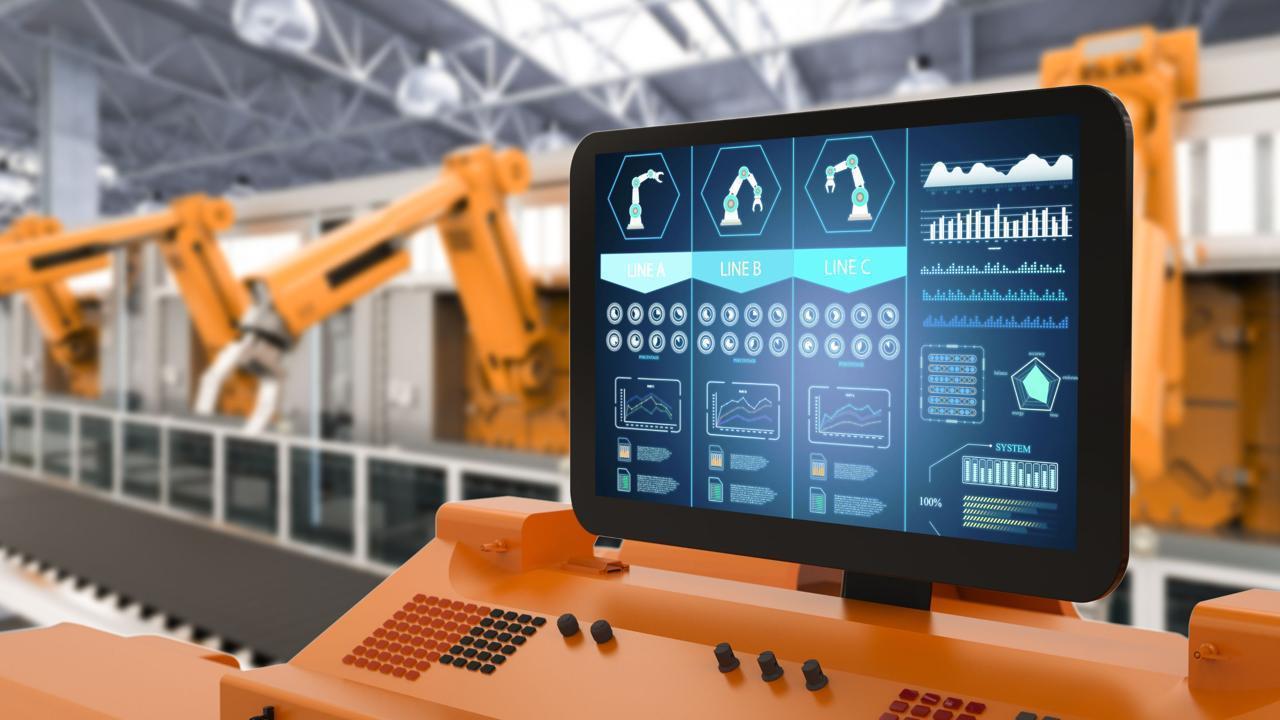
Post by : Vansh
We live in an age where machines are no longer just tools—they’re decision-makers, creators, and sometimes even influencers. From self-driving cars and AI assistants to smart factories and automated news reports, the world around us is increasingly driven by artificial intelligence and automation. This raises a powerful question: The Age of Smart Machines: Are Humans Still in Control?
As these technologies continue to evolve, people across industries, governments, and homes are wondering if we’re truly holding the reins—or if we’re slowly handing over control to the very systems we’ve built.
Smart machines are devices or systems powered by artificial intelligence, machine learning, and advanced data processing. Unlike traditional machines that simply follow instructions, smart machines can learn, adapt, and sometimes make decisions on their own.
Examples include:
AI-powered chatbots like Siri, Alexa, and ChatGPT
Autonomous vehicles that drive without human input
Robots in factories that detect errors and adjust operations
Algorithms that recommend products, diagnose diseases, or even write news stories
These machines are designed to make life easier, more efficient, and in many cases, safer. But as they get smarter, their level of independence grows—leading to important discussions about control, ethics, and human oversight.
The rise of smart machines is transforming nearly every part of modern life:
In Healthcare: AI can analyze scans and medical records faster than humans, helping doctors make quicker diagnoses.
In Transportation: Self-driving cars and drones are reshaping how we move people and goods.
In Business: Automated systems handle customer service, manage supply chains, and even conduct job interviews.
In Media: Algorithms decide what we see on social media, which articles get promoted, and even create content.
These innovations bring great benefits—but they also raise serious questions. If machines are making so many decisions, what role do humans have left?
In many cases, yes—humans are still in charge. Smart machines usually operate within limits set by humans. A doctor reviews an AI diagnosis. A pilot monitors an autopilot system. A manager checks an algorithm’s hiring choices.
However, as machines become more advanced, they’re being trusted to make more decisions without human input. Some investment firms let AI choose stocks. Smart home systems adjust lighting, temperature, and security based on patterns. News outlets publish AI-written articles with little or no editing.
The more we rely on these systems, the harder it becomes to track exactly how decisions are made. This is known as the "black box" problem—when even the creators of AI can’t fully explain how it reaches certain conclusions.
There are several dangers in letting machines operate without enough human oversight:
Bias and Discrimination: AI systems learn from data. If that data has biases, the machine can repeat or even amplify those biases in hiring, lending, or policing decisions.
Lack of Accountability: When a machine makes a mistake, who is responsible? The programmer? The company? The user?
Security Threats: Smart machines connected to the internet can be hacked, manipulated, or used for harmful purposes—such as deepfakes or automated cyberattacks.
Job Displacement: Automation is replacing jobs across industries. While new roles are being created, many workers feel uncertain about their future.
Overdependence: If we rely too heavily on machines, we may lose critical thinking skills, creativity, or problem-solving abilities.
To keep humans in control in the age of smart machines, we need a mix of regulation, education, and ethical design:
Transparent Algorithms: Developers should design AI systems that can explain their decisions in simple terms. This helps build trust and accountability.
Human-in-the-Loop Systems: Machines should assist, not replace, humans. Critical decisions—like in healthcare, law, or safety—should always have human involvement.
Laws and Policies: Governments need to create clear rules about AI use, data privacy, and machine responsibility. International cooperation will be key.
Digital Literacy: Everyone—from students to CEOs—should learn how smart machines work, what they can and can’t do, and how to use them wisely.
Ethical Development: Companies should prioritize fairness, safety, and inclusivity when designing AI tools. Profit should never come at the cost of human dignity or control.
Despite the concerns, smart machines are not our enemies. When used correctly, they can enhance human potential, help solve global problems, and open new doors of creativity and innovation.
The future doesn’t have to be a battle between man and machine. Instead, it can be a partnership—where machines handle tasks they’re best at (like data crunching), while humans focus on what only we can do: think creatively, care deeply, and imagine a better world.
The key is to ensure that we build smart machines that support—not replace—human values and leadership.
The information shared in this article is intended for general awareness and does not constitute professional or legal advice. Readers are encouraged to verify details through official sources before making any decisions related to technology or automation. This content is published in good faith by MiddleEastBulletin and reflects current trends and opinions which may evolve over time.










NBA Friday Recap: Powerhouse Wins for Miami, LA, Milwaukee, and Clippers
Miami, LA Lakers, Milwaukee, and Clippers triumphed in a thrilling NBA Friday, showcasing standout p

Doncic Shines with 49 Points in Lakers' 128-110 Victory over Timberwolves
Luka Doncic dazzles with 49 points as the Lakers secure a 128-110 win against the Timberwolves, show

Kings Triumph Over Jazz 105-104 with Last-Minute Sabonis Effort
The Sacramento Kings edged out the Utah Jazz 105-104, with Domantas Sabonis making the decisive shot

Argentina's Friendly Match Against India Delayed, New Date to be Announced
The friendly match between Argentina and India in Kochi has been postponed due to FIFA approval dela

Rohit and Kohli Conclude ODI Journeys in Australia with a Victory
Rohit Sharma and Virat Kohli bid adieu to Australian ODIs with a final win, forming a 168-run partne

George Russell's Wrestling Mask Antics at Mexican Grand Prix
George Russell donned a wrestling mask to enjoy the Mexican Grand Prix from the stands, providing a